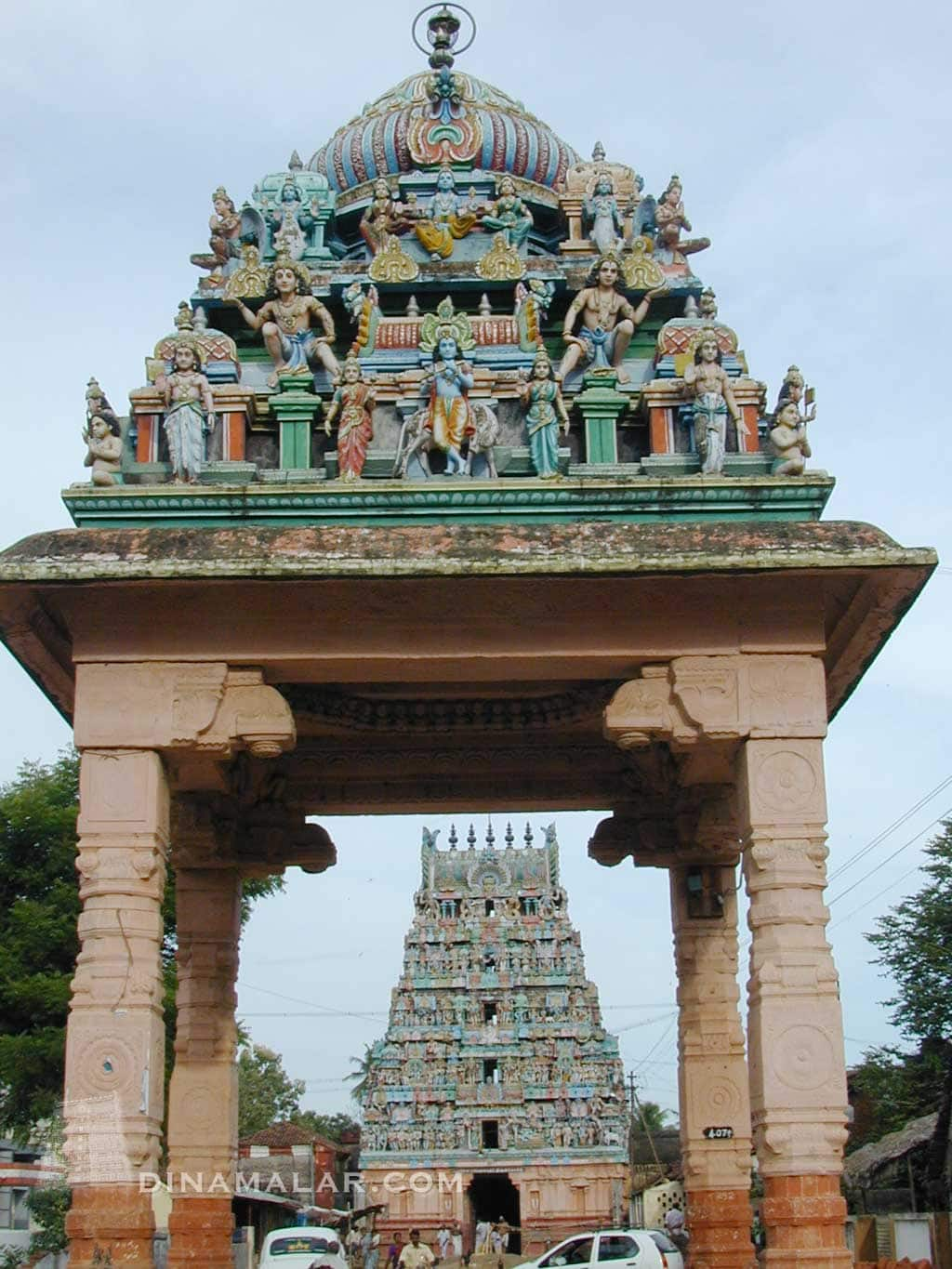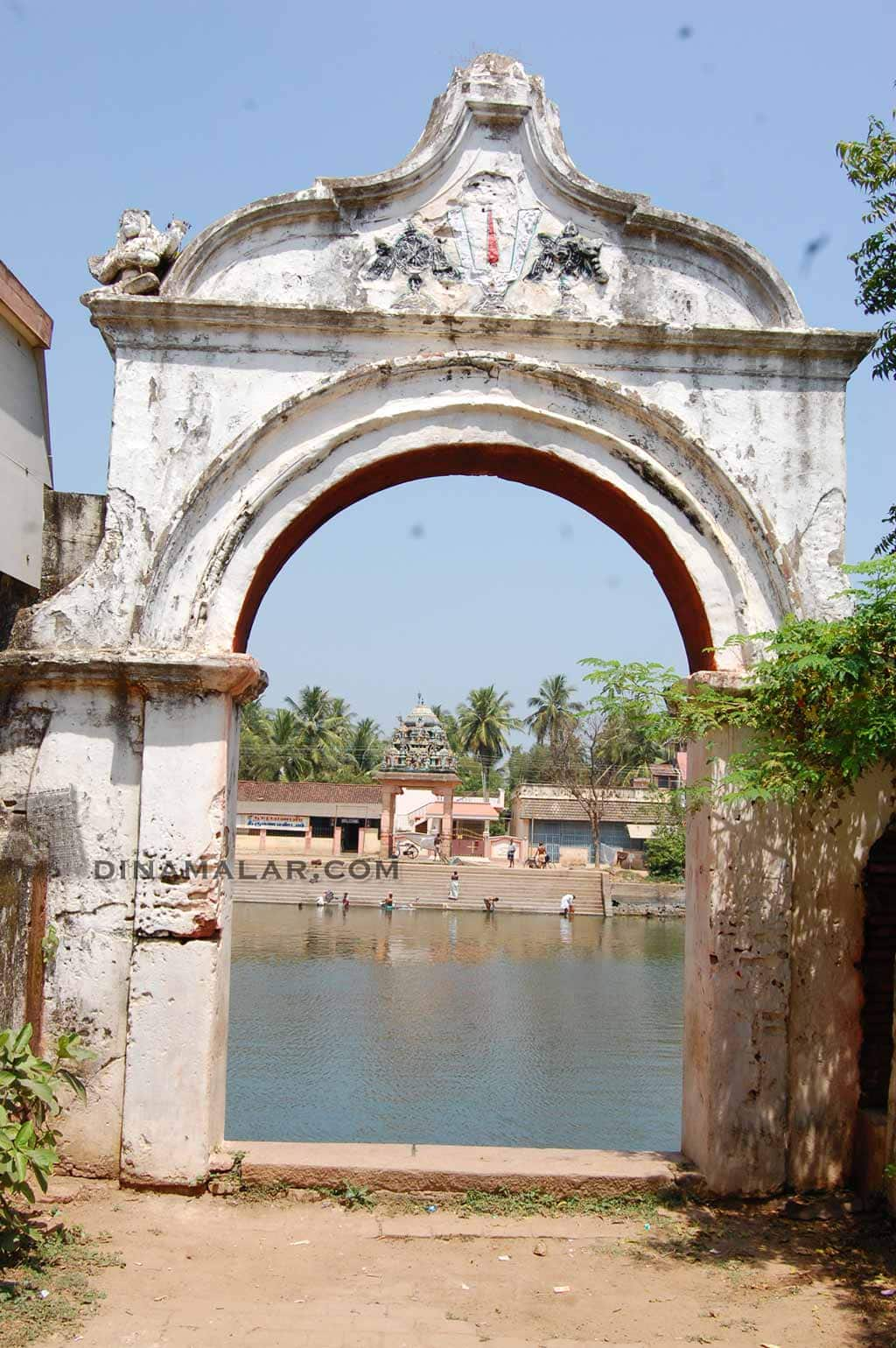GITA 9.2
In this Kannanin Aaramudhu lectures, today [9th June 2008] we are to start the study of Chapter 9. Sri Krishna tells about the glory of Bhakti in the three Chapters 7, 8 and 9. Bhakti has several stages. When it matures fully, it may result in anger or madness. A Bhakta might not be very clear in Godly matters. His mind is confused. If Bhakti is less, we might use our worldly knowledge to distinguish various matters. As Bhakti increases, this clarity diminishes and we are mad at the Lord. Is it correct for a person with a great devotion to losing such common knowledge? It is because of this confusion in the advanced stage of Bhakti, that Vidhura offered the peels of fruits to Sri Krishna and threw away the eatable portion. Can we regard him as Gyani or a fool? He did that not because he lacked common sense; but it is an exhibition of great Bhakti. He was confused when Sri Krishna came to his house and his deep devotion resulted in confusion. We are to see this great devotion in Chapter 9. We have seen many Bhaktas, who would quarrel with the Lord. They would demand things from the Lord, with liberty. They would be eager to embrace Him. When they chant and sing His names, we might even think they are mad and without shame. Vidhura, Sanjaya, Prahlada, Dhruva, etc., are all like these persons as we see in Puranas. Reaching that stage is not that easy and what we are, is at a very initial stage. When Bhakti gradually increases, then like an adamant child to its mother, the Bhakta or devotee would quarrel with the Lord to have His darshan or blessings. We have come to a Kshetram, where Thirumangai Alwar quarrelled and demanded the grace of the Lord. We are at Thiru Indhalur (திரு இந்தளூர்), one of the Chola region Divya desam.
 |
| THIRU INDHALOOR TEMPLE |
This temple is inside Mayavaram or Mayiladuthurai, in Tamilnadu. The Lord is called Sri ParimalaRanga or Sri Sugandhavana Nathan, and is in reclining pose. We are at Chandra or Indu pushkarini of the temple.
 |
| CHANDRA PUSHKARINI |
Chandra or Indu, got his curse removed by bathing in this pond. Therefore, this place got the name: Indhu + oor = Indhalur. Fragrant trees were abundant in this place and so this is called Sugandha vanam [fragrant forest]. The Lord is hence called Sri Sugandhavana Nathan or Sri Parimala Ranganathan. We can now start after a bath in this pushkarini and worship the Lord. Now sloka 1:
sri-bhagavan uvaca
idam tu te guhyatamam
pravaksyamy anasuyave
jnanam vijnana-sahitam
yaj jnatva moksyase ’subhat
idam tu te guhyatamam
pravaksyamy anasuyave
jnanam vijnana-sahitam
yaj jnatva moksyase ’subhat
"The Supreme Personality of Godhead said: My dear Arjuna, because you are never envious of Me, I shall impart to you this most confidential knowledge and realisation, knowing which you shall be relieved of the miseries of material existence."
Sri Krishna tells Arjuna. Anasuyave = [Arjuna!] without jealousy. Sri Krishna addresses Arjuna as one who is not jealousy of Sri Krishna. It means that Gita should listen to without jealousy. Because one might think that the Lord stole butter, He played with girls and married many; how come He is given this honour and fame? We get bad names for doing all these which Sri Krishna did, and so how He could be regarded highly? All such doubts should never crop up in our minds if we think at least for a moment that He is the Leader for all this Universe and all are His property. How can one be regarded as thief for taking one's own property? There is no purpose in developing jealousy on Him. Jealousy is nothing but the appearance of good quality in a person as a bad one to us and then we are at jealous at that person. It means that person should possess some good qualities. We can not be at jealous at a person devoid of any good quality. Te idam = this, tamam = highest, guhya = secret. Sri Krishna is to tell the most precious of secrets- Bhakti yoga. There are many secrets in life for betterment. But what Sri Krishna is going to tell is superior to all of them. Pravakshyami = I [Sri Krishna] am going to explain in detail [to Arjuna]. Jnanam = [knowledge] of Bhakti yoga, vijnana sahita = procedures to perform Bhakti yoga, yaj jnatva = by knowing which, moksyase = get liberated, asubhat = from all sins and punya [preventing to reach the Lord]. Sri Krishna tells that He would be explaining Bhakti yoga and its procedures, by knowing which all impediments of papa and punya would be removed, to reach the Lord. The Lord had chosen Arjuna to tell this as he is without jealousy. Only when there is blind faith, one will never feel jealousy. This may look contrary to common belief that we should be very clear in understanding what is good and bad. Yes, that is correct. By such rational thought, we should decide that the Lord Sri Krishna is our ultimate aim. After this decision, we have to have blind faith only. Let us also not forget that we are having this blind faith not on some mean mortal but on the Lord. Why should Bhakti be regarded as a secret? Why not publicise and make available to all? Yes, it should be more public. But let us see what is Bhakti. He is the Lord, Master, Proprietor and we are His servants and property. This knowledge is Bhakti. Without this, there can not be Bhakti. So, trying to propagate Bhakti yoga to persons without this basic knowledge may result in failure. Secrets can not be made public to everybody. If the listener is not jealous and is regarding the Lord as the Leader, then Bhakti yoga can be told. In this Chapter, Sri Krishna is going to tell about Bhakti yoga and the procedures to follow it. Humility is essential for Bhakti. Without that, we can not worship the Lord. Ego should be totally absent. Asubhat means all the impediments which prevent us from reaching Him. These are our timeless karma and associated papa/ punya, accumulated over infinite births. Bhakti yoga is to remove these obstacles. In the sloka, it is said that by understanding Bhakti yoga these obstacles are cleared. Swami Vedanta Desika in his Tatparya Chandrika, tells that mere understanding will not help, but practice is essential. Unless it is practised, Moksham can not be achieved.
(continued)
No comments:
Post a Comment